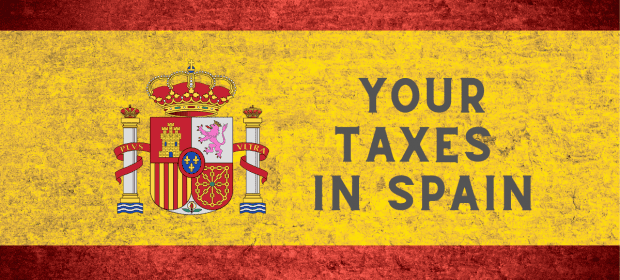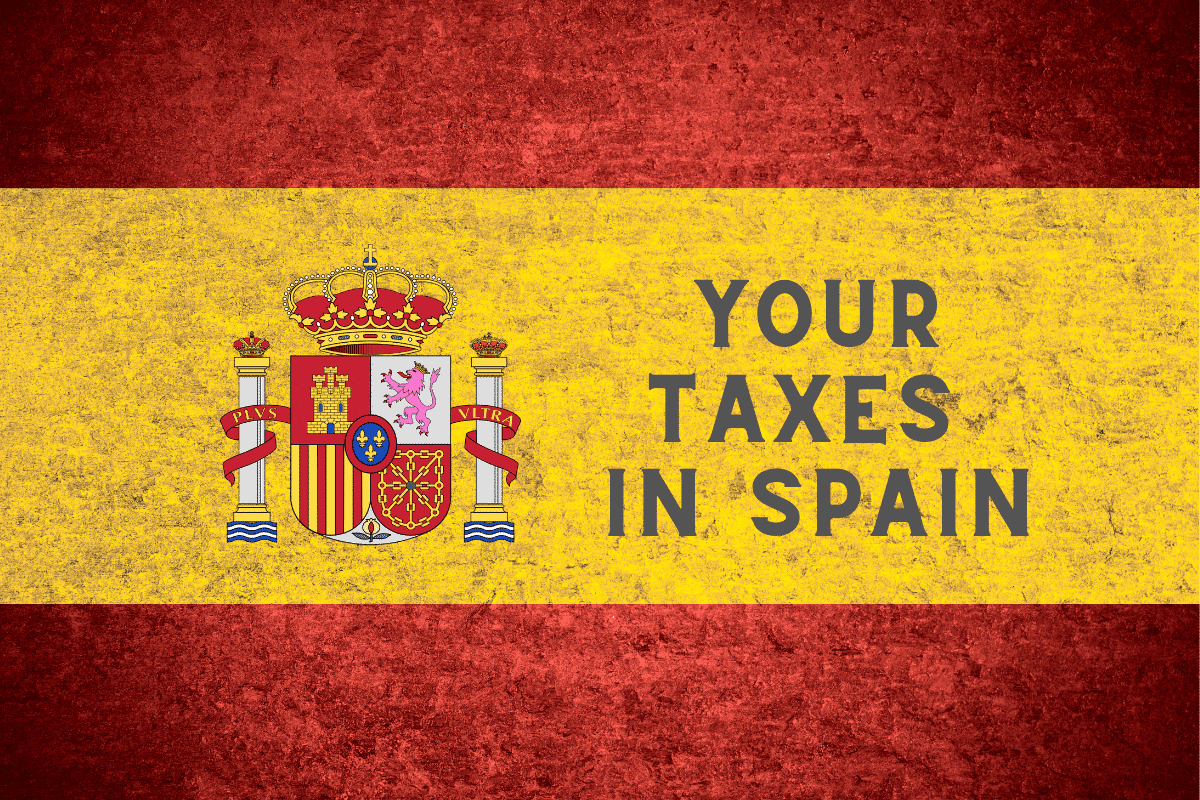New Year Financial Planning Resolutions
First of all, a very Merry Christmas, Happy New Year & Kings Day to all of my clients and readers! Here we are about to start another year; how fast the time passes! Although we have various challenges and uncertainties on our plate currently, the latest COVID-19 variation Omicron and the ongoing Brexit transition to name a couple, I am feeling optimistic about the year ahead.
This time of year is commonly thought of as the natural time to plan ahead. Writing our New Year’s Resolutions allows us to put down in writing what we would like to accomplish over the forthcoming 12 months, and hold ourselves accountable to this. There is a four-benefit cycle of writing New Year’s Resolutions:
- Motivation Increases – we will feel motivated and determined from the moment that we set our goals so that we…
- Take Control – we internalise that there is nothing stopping us from achieving our goals and that we have the power to ‘make it happen’. Resulting in a…
- Sense of Achievement – as we take control and achieve our goals, we will start to feel a sense of achievement, motivating us further…
- Self-Esteem/Confidence – as we crush our goals, we will see our self-esteem and confidence skyrocket!




















